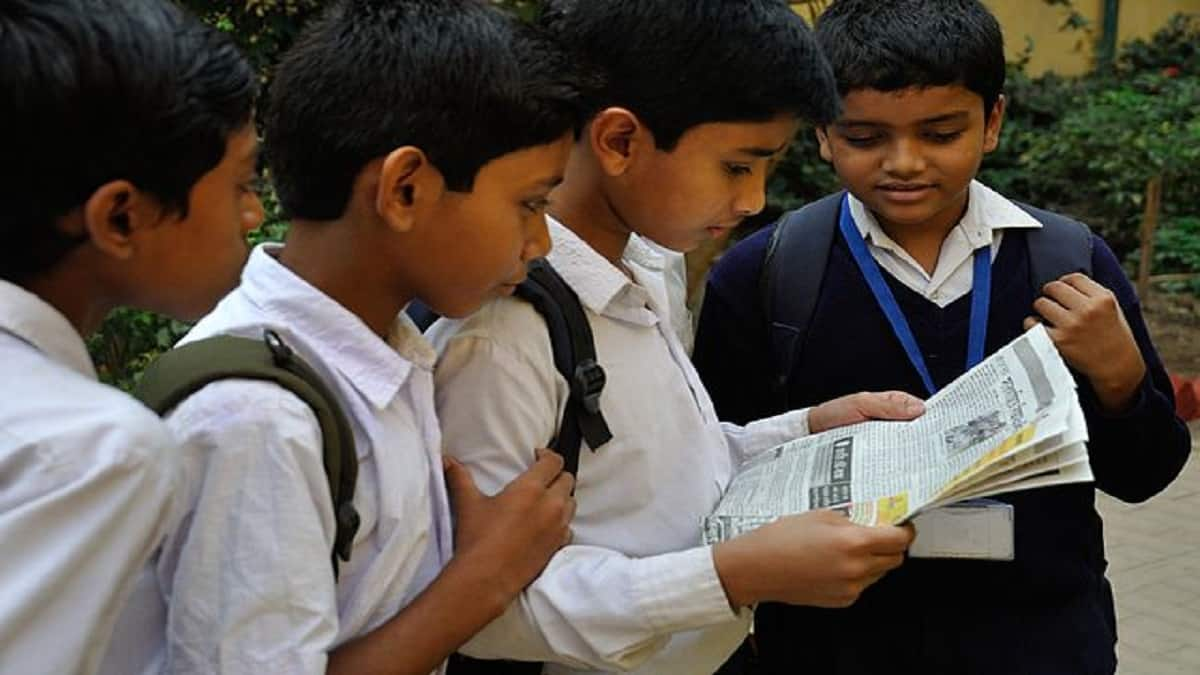MP questions NCERT’s removal of Tipu Sultan, Raziya Sultan from history books; MoE says changes ‘contextual’
Anu Parthiban | August 6, 2025 | 06:52 PM IST | 2 mins read
Education ministry responding to NCERT's omission of topics, stated, "personalities featured in these themes have been included contextually and in accordance with curricular objectives".

The NCERT’s recent decision to remove topics from history textbooks was raised in the Parliament today. Responding to the question, the ministry of education (MoE) stated that the personalities have been included “contextually and in accordance with curricular objectives”.
The National Council of Educational Research and Training (NCERT) faced strong opposition from academics, teachers, and subject experts for omitting Tipu Sultan, Haider Ali, and the 18th-century Anglo-Mysore wars in the chapter on India’s colonial era.
The Council has published part 1 of the NCERT Class 8 social science textbook. Part 2 will be made available to students in September-October. The NCERT social science book has four sections – India and the World: Land and the People; Tapestry of the Past; Governance and Democracy; and Economic Life Around Us.
While students earlier learnt the Delhi Sultanate and the Mughals in Class 7, the revised books end before the 12th century. These topics are now included in the Class 8 textbooks. However, the NCERT has skipped female icons like Raziya Sultan, who once ruled the Delhi Sultanate and Nur Jahan from the Mughal era.
Education ministry cites new teaching method
In the newly launched social science textbook, Exploring Society: India and Beyond – Part 1, Mir Jaffar has been labelled as “traitor” in a chapter discussing the Battle of Plassey. Mughal rulers were also being termed ‘cruel’ and ‘ruthless’.
Referring to the issue, the Rajya Sabha MP Ritabrata Banerjee, asked the ministry of education about NCERT’s decision to NCERT’s decision to remove reference of Tipu Sultan, Haider Ali or the Anglo Mysore Wars of 1700s in its chapter on India’s colonial era, and mention of influential women like Raziya Sultan and Nur Jahan.
In response to the question, the ministry said: “Personalities featured in these themes have been included contextually and in accordance with curricular objectives. The textbook introduces new pedagogical approaches, emphasizes refined classroom practices, and presents a focused syllabus.”
“These textbooks encourage students to explore more through experiential learning, undertaking field work and focus on evidence-based understanding. The approach adopted for the Middle Stage (Grades 6 to 8) is to provide only a broad survey of Indian civilization from prehistoric times all the way to Independence,” it added.
Follow us for the latest education news on colleges and universities, admission, courses, exams, research, education policies, study abroad and more..
To get in touch, write to us at news@careers360.com.
Next Story
]Rajasthan NEET UG 2025: MBBS fees soar to Rs 1.91 crore for management seats in private medical colleges
Rajasthan NEET UG Counselling 2025: The last date to fill choices and pay security deposit is August 7. The Rajasthan MBBS and BDS seat allotment will be declared on August 10 at rajugneet2025.com.
Anu Parthiban